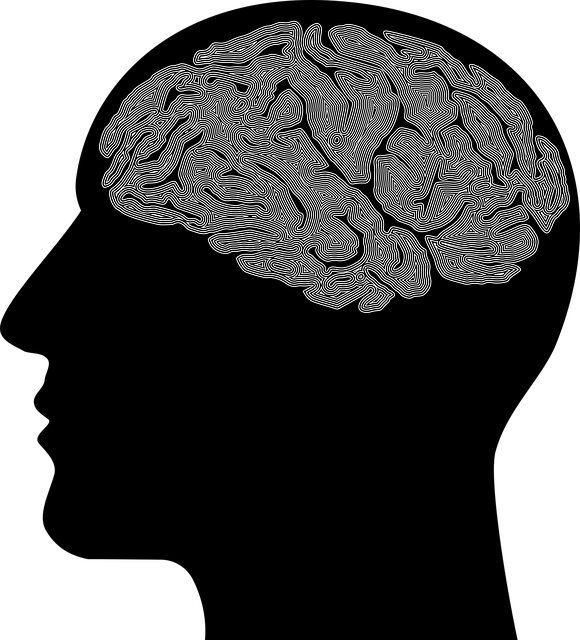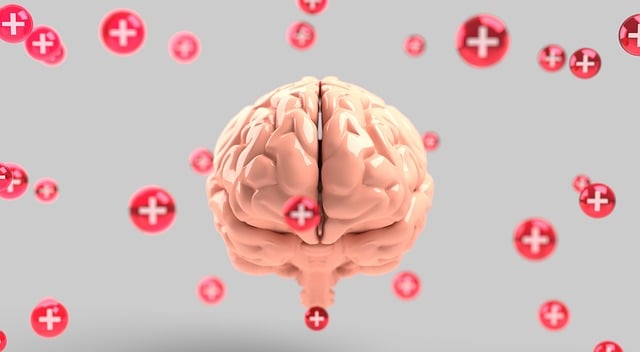Addressing the mental health needs of French-speaking young adults requires culturally tailored therapy and education programs. Language barriers and a lack of competent resources hinder access, leading to delayed or ineffective support. Key strategies include educating on self-care and confidence-boosting initiatives, ensuring therapist cultural competency, providing multilingual resources, and teaching resilience-building techniques. Early intervention through workshops and discussions, along with burnout prevention for healthcare providers, can significantly enhance mental wellness outcomes for this demographic.
In today’s diverse society, addressing mental health among French-speaking young adults is paramount. This article explores the unique challenges and needs of this demographic, offering insights into designing effective mental health education programs. We delve into crucial components like cultural sensitivity and accessibility, highlighting strategies to implement therapy that resonates with French-speaking youth. By understanding their specific requirements, we can create inclusive initiatives that foster mental well-being and empower young adults on their journey towards resilience.
- Understanding French-Speaking Young Adults' Unique Mental Health Needs
- Essential Components of an Effective Education Program
- Implementation Strategies for Accessible and Cultural Sensitive Therapy
Understanding French-Speaking Young Adults' Unique Mental Health Needs

Addressing the mental health needs of French-speaking young adults requires a nuanced approach that acknowledges their unique cultural and linguistic context. Many young adults from French-speaking backgrounds face challenges accessing appropriate therapy, often due to language barriers and a lack of culturally competent resources. This can lead to a delay in seeking help or receiving ineffective support, exacerbating existing mental health issues.
Understanding these disparities is crucial for designing effective mental health education programs. Incorporating self-care practices tailored to their cultural norms can foster mental wellness. Additionally, promoting confidence-boosting initiatives within these communities empowers young adults to navigate their mental health journeys with resilience. By ensuring accessibility and cultural relevance in therapy for French-speaking young adults, we can significantly improve their overall mental wellness outcomes.
Essential Components of an Effective Education Program

An effective mental health education program for young adults speaking French should include several key components to ensure its success and impact. Firstly, it must provide a comprehensive overview of emotional regulation techniques tailored to address the unique challenges faced by this demographic. This involves teaching strategies for stress management, mindfulness practices, and healthy coping mechanisms, which are essential tools in burnout prevention. By integrating these skills, young adults can better navigate their daily lives and improve overall well-being.
Additionally, the program should focus on raising public awareness through engaging educational campaigns. This includes interactive workshops, group discussions, and accessible resources that encourage open conversations about mental health. Targeting French-speaking communities, these initiatives aim to reduce stigma, promote early intervention, and foster a supportive environment for those seeking therapy. Incorporating burnout prevention strategies specifically for healthcare providers is also vital, as it ensures that those helping others are equipped with tools to maintain their own mental health.
Implementation Strategies for Accessible and Cultural Sensitive Therapy

Implementing accessible and culturally sensitive therapy programs is essential when designing mental health education for young adults in French-speaking communities. A key strategy involves ensuring therapists are proficient in both clinical skills and cultural competency. This includes understanding the unique needs, beliefs, and communication styles of French-speaking individuals, as well as recognizing potential language barriers that may impact therapy.
To enhance accessibility, consider incorporating multilingual resources, offering sessions in French, and training mental health professionals to conduct risk assessments tailored to this demographic. Additionally, teaching self-esteem improvement techniques and conflict resolution strategies can empower young adults to navigate their mental health journeys with greater resilience. These culturally sensitive approaches foster trust, promote open communication, and ultimately improve therapy outcomes for French-speaking young adults.
Mental health education programs tailored to French-speaking young adults must address their unique cultural and linguistic needs. By incorporating essential components like accessible resources, community engagement, and culturally sensitive therapy, we can better equip this demographic with the tools they need to navigate and seek support for their mental well-being. Implementing these strategies ensures that young adults from diverse backgrounds receive effective therapy, fostering a more inclusive and supportive environment for all.














